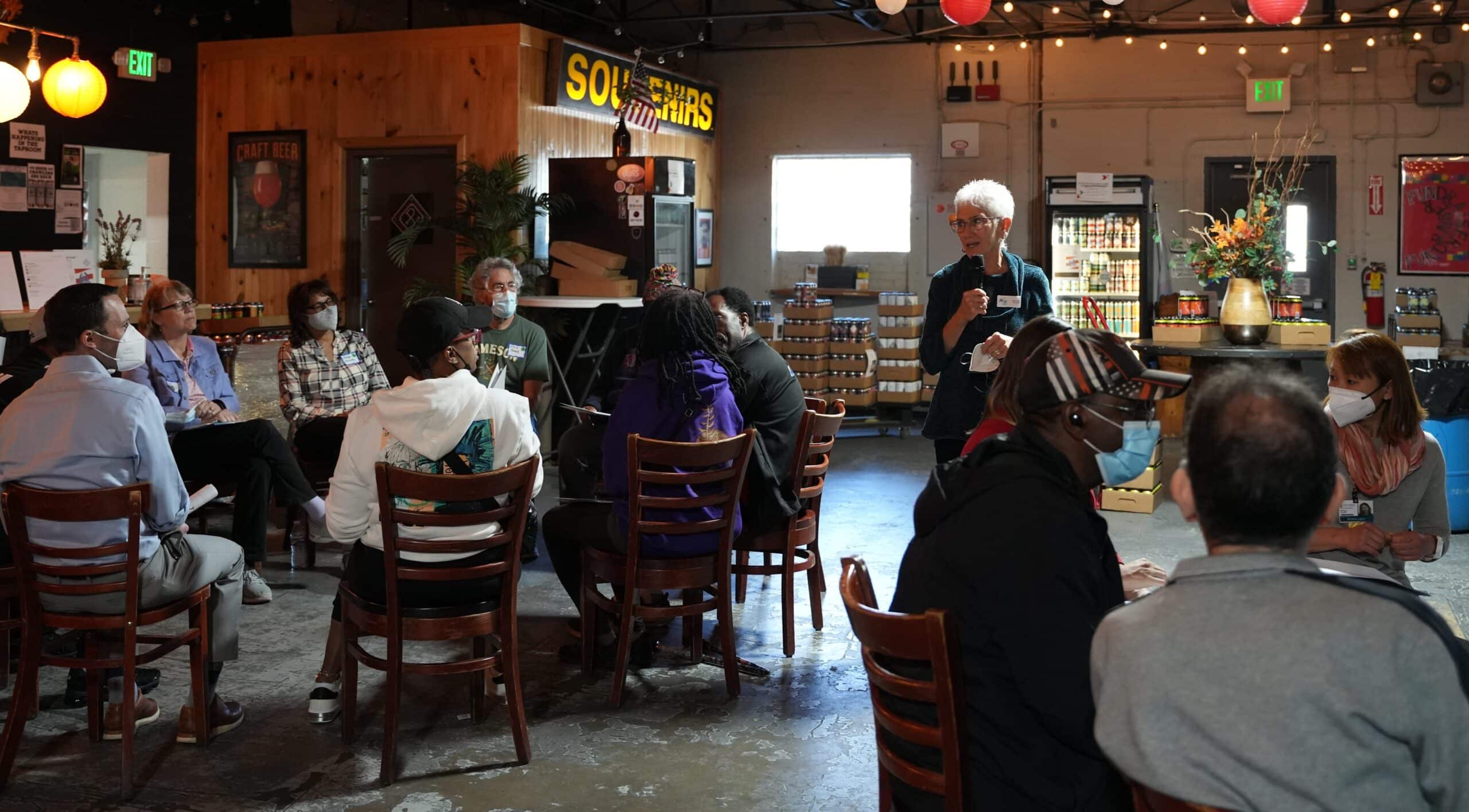Full disclosure here. I am 65 years old, and I met my first multiple sclerosis patient 44 years ago as a newly-minted psychologist at my first real job – facilitating support groups at a comprehensive MS care center in the Bronx, NY. I was passionate about the power of groups to promote healing and connection, and the MS center allowed me to put my convictions and skills to use.
I knew nothing about multiple sclerosis, and for the past four decades, the MS community and I have learned from each other. I hope they have learned strategies for coping and adapting, for increasing their resilience, and for thriving in a life they would never have chosen. I have learned how to live with compassion for myself and others, immense gratitude, and a recognition that life isn’t fair. Chronic illness and disability can happen to any of us, and aging comes to us all. Care partners – whether they are partners, family members, or friends – live with and through our challenges, providing support, assistance, encouragement, and so much more.
So what have I learned from people living with MS and their care partners about living a full life?
- The picture we have of ourselves – our self-image – evolves over time to incorporate the changes brought by illness, disability, and/or aging. The more flexible we can be – and the more accepting we can be of the changes life brings – the better able we are to maintain feelings of self-esteem and self-confidence.
- Physical and cognitive changes alter how we interact with the world and the people around us, which means that we constantly need to learn new ways to communicate and connect. We want others to see us for who we are, including the talents, wisdom, and humor we bring to the table – in other words, to see beyond our limitations, mobility aids, increasing frailty.
- Our personal feelings of change and loss can sometimes blind us to those same feelings in the people around us, as though our feelings and fears are bigger or more important than theirs. But it is the sharing and mutual support we can offer each other that strengthens all of us.
- Grief is a normal part of life. Whenever we experience a significant loss – of a loved one, a cherished ability, a chosen career or hobby, or a lifestyle – that is important to us, the first step toward healing and thriving is to grieve the loss. Both chronic illness and normal aging can gradually rob us of important aspects of ourselves and our lives. Without grieving those losses, we can’t begin to figure out how to move forward, to create a new path for ourselves.
- Connections with others are our most important resource. We feel supported; we learn new ideas, become familiar with important resources, share laughter and tears, and feel part of something larger than ourselves.
- Self-care isn’t selfish – it is self-sustaining and essential. It is the oxygen mask we put on ourselves before helping the person next to us. It is the physical and emotional preventive healthcare measures we take to be as strong and able as we can be to provide care and support to the people we love. Finding ways to connect, whether in-person or online, takes courage, particularly if we let ourselves grow socially rusty.
- Being open to trying new things and willing to do familiar things in new ways is the best strategy for keeping our lives full, active, productive, and interesting in the face of physical or cognitive changes. Clinging to the past – to abilities we no longer have or to ways of doing things that are no longer safe – means that our world becomes smaller and more limited. We lose our connections with others and become increasingly isolated. Our willingness to do things differently, to use tools and strategies to increase our mobility and safety, and to venture out of our comfort zone means the adventures can continue.
- Couples who are living with chronic illness, disability, and the changes of aging run the risk of competing over who has it worst – my walking problems or your memory problems, my pain or your pain, my depression or your anxiety, my increasing disability or your increasing responsibilities as my care partner. To live and age successfully together, the competition needs to end. Each person’s feelings, challenges, and losses matter. So, the best path forward is to acknowledge each other’s experiences, work together to find solutions that work for both of you, and support each other as best you can. That kind of partnership can allow you to thrive as individuals and as a couple.
I am immensely grateful to those in the MS community who have taught me so much about how to live life. Their grit and grace inspire me every day.
